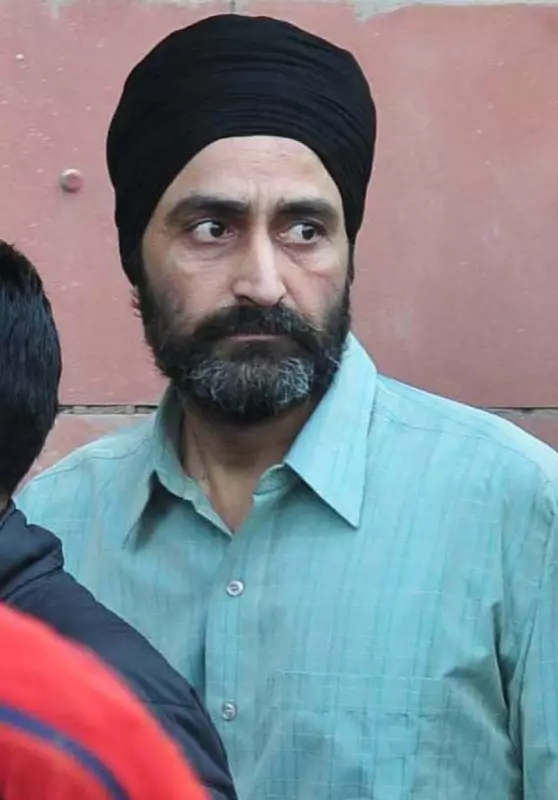
In a landmark verdict that underscores the importance of substantive evidence in criminal proceedings, a special court has acquitted Tara after a grueling 16-year legal battle in a case registered under the stringent Unlawful Activities (Prevention) Act and Arms Act.
The Long Road to Justice
The case, which dates back to 2008, saw the accused facing serious charges under India's anti-terror legislation. However, after nearly a decade and a half of legal proceedings, the court found the prosecution's case fundamentally lacking in evidentiary support.
Special Judge S K Nalke delivered the judgment, emphasizing that the prosecution had failed to establish any credible evidence connecting Tara to the alleged offenses. The court noted that not a single witness could provide convincing testimony supporting the charges leveled against the accused.
Prosecution's Case Collapses
The judgment highlighted several critical shortcomings in the prosecution's case:
- Complete absence of reliable eyewitness testimony
- Failure to establish chain of custody for alleged evidence
- Lack of forensic evidence linking the accused to the charges
- Inconsistencies in the investigation process
The court's acquittal order stated: "The prosecution has miserably failed to prove the charges against the accused. There is no evidence worth the name to connect the accused with the crime."
Broader Implications for UAPA Cases
This case brings into sharp focus the challenges surrounding the application of UAPA, one of India's most stringent security laws. Legal experts suggest that this verdict reinforces the principle that even under special legislation, the burden of proof remains with the prosecution.
The 16-year duration of the case also highlights the significant time individuals may spend in legal limbo when facing charges under special laws, emphasizing the need for expeditious trials while ensuring due process.
This acquittal serves as a reminder of the judiciary's role as a check against potential overreach and the fundamental legal principle that suspicion, no matter how strong, cannot substitute for concrete evidence in criminal jurisprudence.






